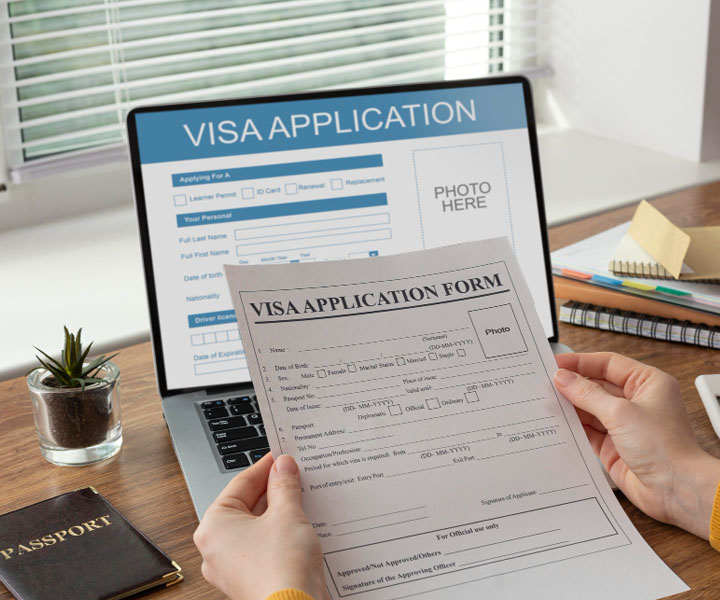
A medical visa grants entry for foreign nationals seeking specialized healthcare treatment in another country.
A medical visa, also known as a medical treatment visa or medical tourism visa, is a type of visa that allows foreign nationals to travel to a specific country to receive medical treatment or medical procedures. Here are some key points to consider regarding medical visas: Purpose of Medical Visa: Medical visas are primarily designed for individuals who need specialized medical treatment that may not be readily available in their home country. It could include surgeries, medical procedures, organ transplants, or long-term medical care. Eligibility Criteria: Eligibility criteria for a medical visa can vary from country to country. Common requirements include a letter from a recognized medical institution in the destination country detailing the nature of treatment, proof of financial means to cover medical expenses, and a valid passport. Medical Institutions and Doctors: Patients seeking a medical visa need to be associated with a recognized medical institution or doctor in the destination country. The medical institution typically provides a letter of invitation or confirmation of treatment. Application Process: The application process for a medical visa often includes submitting a visa application, providing relevant medical documents, and sometimes attending an interview. It's crucial to follow the specific procedures of the destination country. Visa Fees: Medical visa applications may come with fees, including application fees and any associated costs like medical examinations or biometric fees. Duration of Stay: The duration of stay granted on a medical visa is usually determined based on the patient's medical needs. It may be extended if the treatment requires an extended period. Companion Travel: Some countries permit patients to bring a companion or family member on a medical visa to provide emotional support during the treatment process. Medical Insurance: Patients are typically required to have medical insurance that covers the cost of their treatment. It's important to understand the specifics of the insurance required by the destination country. Medical Reports and Documents: Patients may need to provide detailed medical reports, treatment plans, and letters from their treating physicians in their home country to support their medical visa application. Language Proficiency: Patients and their companions may need to demonstrate proficiency in the official language of the destination country to ensure effective communication during medical consultations. Follow-up Care: Patients should consider arrangements for post-treatment care, such as follow-up appointments or rehabilitation, which may extend their stay in the destination country. Legal Obligations: It is crucial to understand and abide by the legal obligations and conditions of the medical visa, which may include restrictions on work or activities unrelated to medical treatment. Patients seeking a medical visa should research the specific requirements and processes in the country where they plan to receive medical treatment. Official government websites, embassies, or consulates of the destination country can provide information on medical visas and their eligibility criteria. Additionally, consulting with the medical institution that will provide the treatment can offer valuable guidance on the visa application process.
Go Back